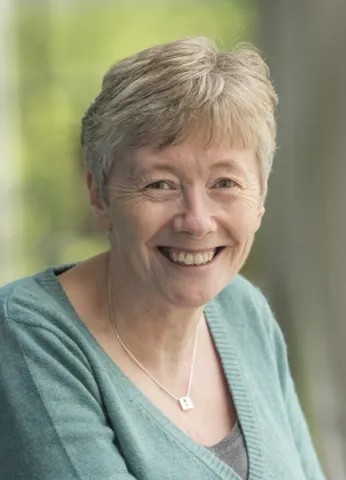Project overview
People with learning disabilities want their voices to be heard and so may become involved in conducting research (with or without academic researchers). The value of such inclusive research has been understood largely through reflections on individual projects. This study facilitated greater reflection, dialogue and capacity-building. Data were gathered through audio-recorded focus groups, one involving researchers with learning disabilities doing their own research, one of researchers with and without learning disabilities collaborating as co-researchers, and one of academic researchers who gather data from or with people with learning disabilities. Each met three times; an additional group of researchers with learning disabilities met twice and a focus group of policy-makers/funders of research met once. Data were analysed thematically and participant-researchers gathered in a plenary focus group to respond to the knowledge generated. Findings showed that inclusive researchers manage by being planned, being responsive, organising support, negotiating practices, or developing interdependence. Barriers remain including low expectations of people with learning disabilities and inaccessible funding application processes. Research is both inclusive and good science when the research requires an inclusive approach, makes use of insider knowledge of what it is like to be learning disabled, and has impact on the lives of people with learning disabilities.
Staff
Lead researchers
Collaborating research institutes, centres and groups
Research outputs
Melanie Nind,
2016, Qualitative Research, 1-10
Type: article
Melanie Nind & Hilra Vinha,
2013
Type: report
Melanie Nind,
2013
Type: conference
Melanie Nind & Hilra Gondim Vinha,
2013, Learning Disability Today
Type: article
